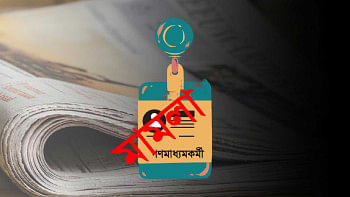A platform to represent marginalised groups
An important indicator of how robust a democracy can claim to be is how well marginalised communities are treated. One of the most daunting challenges they face is having the land they have lived in for generations being encroached upon or simply taken away by land grabbers. While NGOs have been working for the land, health and education rights of various marginalised communities, when it comes to policy and statistics, these groups are barely visible. At a recent seminar, an economist has suggested that a national platform be created with representatives from all marginalised communities and NGOs working with them. The platform would make the voice of each group stronger and offer collective support.
The seminar focused especially on tea plantation workers and other marginalised communities of Madhupur Forest and in the northern parts of the country. It was for instance , pointed out that around five lakh tea workers had been brought to the region that is now Bangladesh by the British and even now, almost all of them are deprived of ownership of their land. Age-old discriminatory practices have kept these people in a state of eternal powerlessness.
Members of such marginalised groups, have voiced in the seminar, the constant insecurity they face in the wake of harassment and intimidation by land grabbers. The government, therefore, must be proactive to ensure that these people are not threatened or made to feel they do not belong in this country. It is expected of a democratic nation to promote cultural diversity and treat all its citizens equally and without prejudice. We hope the proposed platform materialises and offers the much needed solace to these vulnerable communities.

 For all latest news, follow The Daily Star's Google News channel.
For all latest news, follow The Daily Star's Google News channel. 



Comments